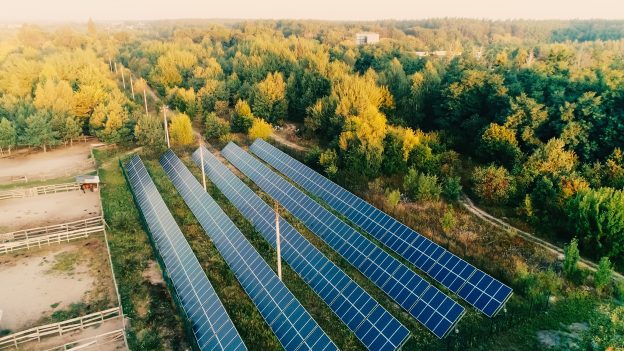New, industry-altering fire test regulations recently enacted by the State of California now limit the installation of roof-mounted solar systems only to those combining racking systems from SolarDock with Motech’s panels until other systems achieve compliance. MOTECH works to provide a global source of clean and renewable energy, and strives to create a sustainable environment for future generations. SolarDock’s Class A Fire Rating furthers its reputation as the most safe, reliable and profitable racking system on the market.
SolarDock achieved its Class A fire Rating and brings a tested system by combining with the Motech Class C panel to rate as a Class A fire rated system. This configuration is the industry’s only high-performance solar power system to achieve a Class A Fire Rating that meets all the IBC 2012 and 2015 code requirements for rooftop PV and California new building code requirements. These become mandatory January 1, 2015.
“With several high profile fires in the last year, there has been increasing scrutiny of the solar industry’s role in fire safety. That is why SolarDock made completing the UL 1703/2703 Fire Performance Tests its focus for 2014,” said Scott Johnson, Founder of SolarDock, “Now, with the Motech/SolarDock Class A Fire Rating, solar installers nationwide no longer have to wait for the industry to catch up to local and national building code fire rating requirements.”
Dave Holleran, Senior Manager of Module Sales for Motech Americas, added, “This is a major development for solar installers in California, and with some 20 more states expected to enact similar regulations in the near future, the playing field is shifting rapidly. Even though the official compliance date isn’t until, 2015, by adopting this change now, installers generally can get a real head start on being more commercially established in the new regulations as this development spreads across the country.”
According to the Solar America Board for Codes and Standards, in the last few years fire and code officials, along with members of the roofing industry, have expressed concerns that installation of PV modules in stand-off configuration over typical roof coverings may impact the fire resistance of the roof coverings. For that reason, and with funding from the U.S. Department of Energy, Underwriters Laboratories (UL), and the Solar America Board for Codes and Standards (Solar ABCs) developed a test plan to investigate the fire resistance properties of this configuration.
“Suffice it to say,” SolarDock’s Johnson concluded, “this new standard has been examined with great care. And, given the inherent benefits the new classifications bring, the Solar Industry has new attributes to mutually foster the growth of this renewable energy approach.







